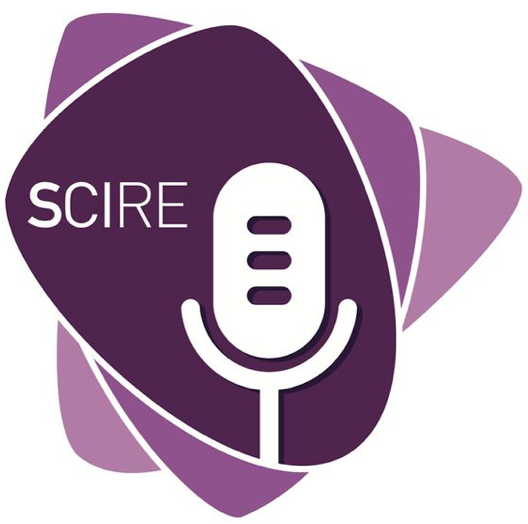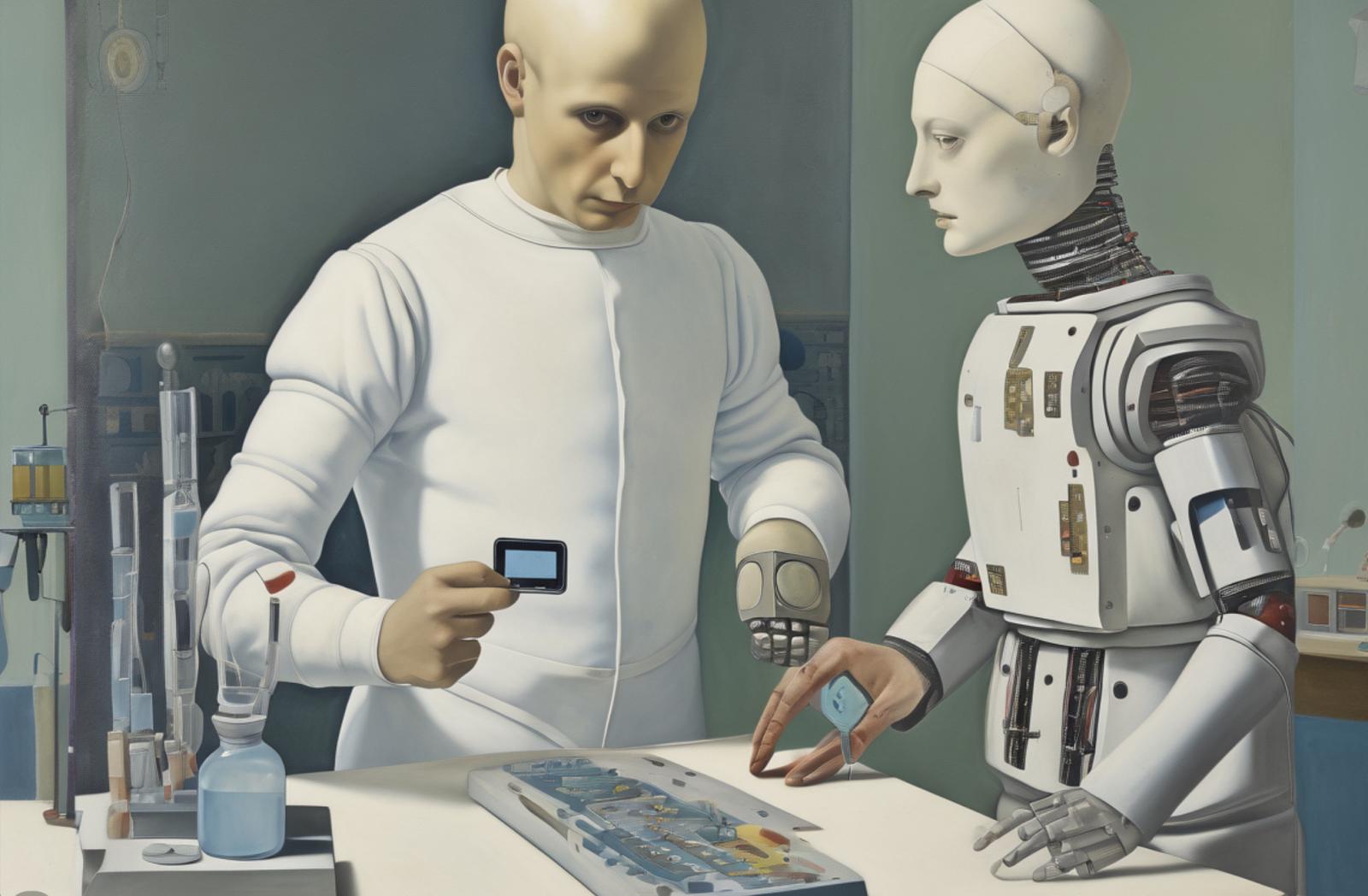La consulenza scientifica (science advice), ovvero scienziati e scienziate che consigliano i decisori politici: ecco il tema di questo episodio. Come funziona questa articolazione del rapporto tra scienza e politica? Quali sono le sue caratteristiche, difficoltà e opportunità? E quali sono gli impatti di due anni di pandemia? Esploriamo questi temi insieme ad Alessandro Allegra: ricercatore e professionista nell'ambito del science advice a livello europeo, nonché uno dei principali promotori dell’iniziativa Scienza in Parlamento. Un viaggio tra scienza e politica, tra riflessione critica e cultura pop, tra storia, attualità e futuro.
 |
Ascolta i podcast sulla piattaforma che preferisci |
|||
|
Spotify |
Apple |
|
Spreaker |
|
Le voci della scienza - Podcast
Scienza e politica pt. 1: La consulenza scientifica
Primary tabs
Fonti e crediti
prossimo articolo
AI Agents as assistants in scientific research
di Sergio Cima
The landscape of contemporary scientific research presents several significant challenges. On one hand, the growing specialization requires increasingly vertical expertise, while on the other, the need for interdisciplinary studies demands the ability to navigate through different domains of knowledge. This paradox puts pressure on researchers, who must balance depth and breadth in their investigations.








